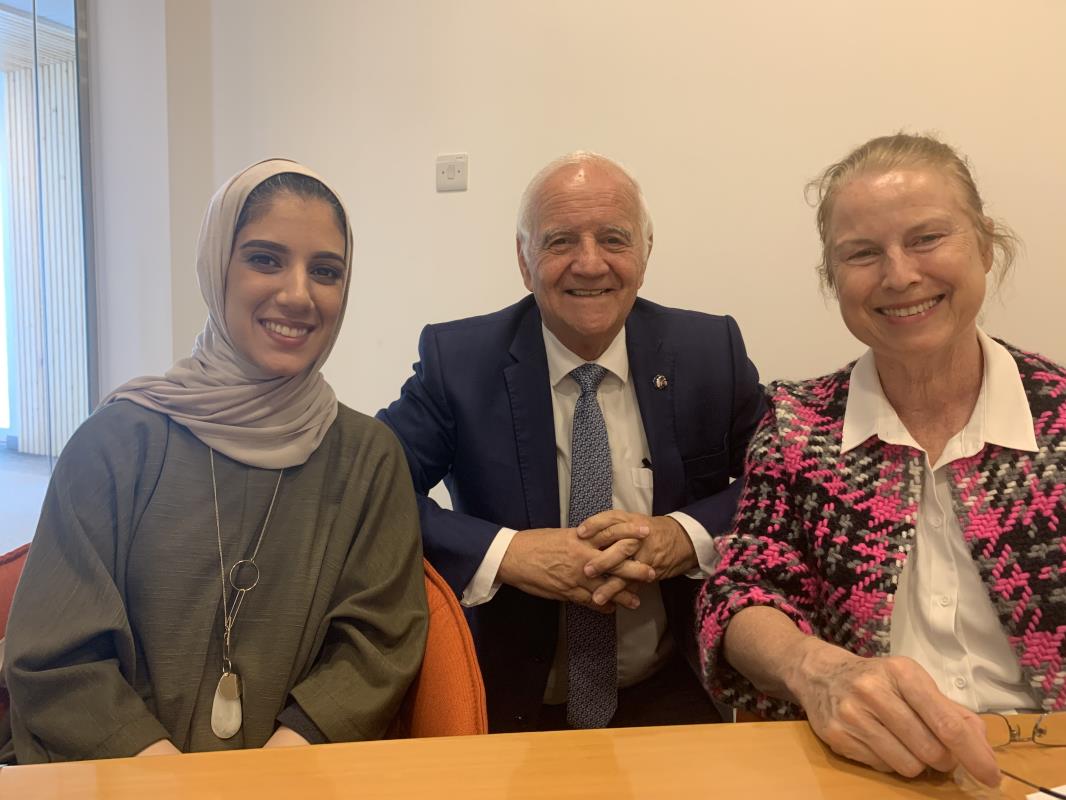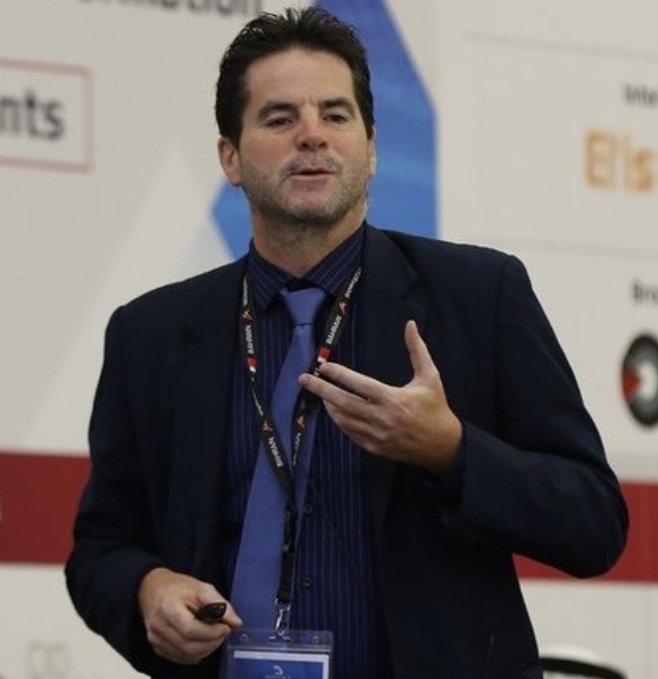
Boardrooms that have the benefit of diverse opinions from women leaders, minority and ethnic groups, are expected to have an edge over competition when it comes to climate action. This is according to a study commissioned by Arab Petroleum Investments Corporation (APICORP), a multilateral energy focused financial institution, in collaboration with 30% Club, The American University in Cairo (AUC) and Arabian Business.
With the MENA region hosting COP 27, the study examines the role of women’s leadership in tackling climate change from leading voices across different sectors, offering a call to action for corporates to achieve diversity at the decision-making table. It proposes practical solutions including mentoring, offering accelerator programs, and networking events which are helping women break the glass ceiling and gain access to decision-making roles.
Raeda Al Sarayreh, Director, Corporate Communications and Outreach, Arab Petroleum Investments Corporation (APICORP) commented: “Despite the recent momentum behind gender equality, there is a need for more women representation in conversations shaping boardroom agendas. Our study reiterates the crucial importance of increasing the representation of women in boardrooms in driving corporate performance along with accelerating capabilities to fight against climate change. With COP 27 and 28 taking place in the MENA region, it is important that all stakeholders collaborate and formulate policies that encourage diversity.”
Catherine MacGregor, CEO ENGIE, said: “Change can come only when conscious steps are taken, and more women are encouraged to gain access to the decision-making table. There is no denying that a wider representation of women in parliament and likewise in the private sector could have a significant impact on policymaking and ensure greater responsiveness to everybody’s needs. Diverse perspectives and ways of thinking are necessary to face the complexity and instability of the current world. We need all talents and not only half of the population to succeed in the fight towards a sustainable economy.”
Female investors and policymakers are twice as likely to consider ESG compared to their male counterparts
According to the study, on the corporate and public level, female investors and policymakers are twice as likely to consider ESG investing as compared to their male counterparts. In a review of over 15 studies conducted in different parts of the world, it was found that the presence of women in conservation and natural resource management resulted in stricter and more sustainable extraction rules, greater compliance, more transparency and accountability, and better conflict resolution.























































































